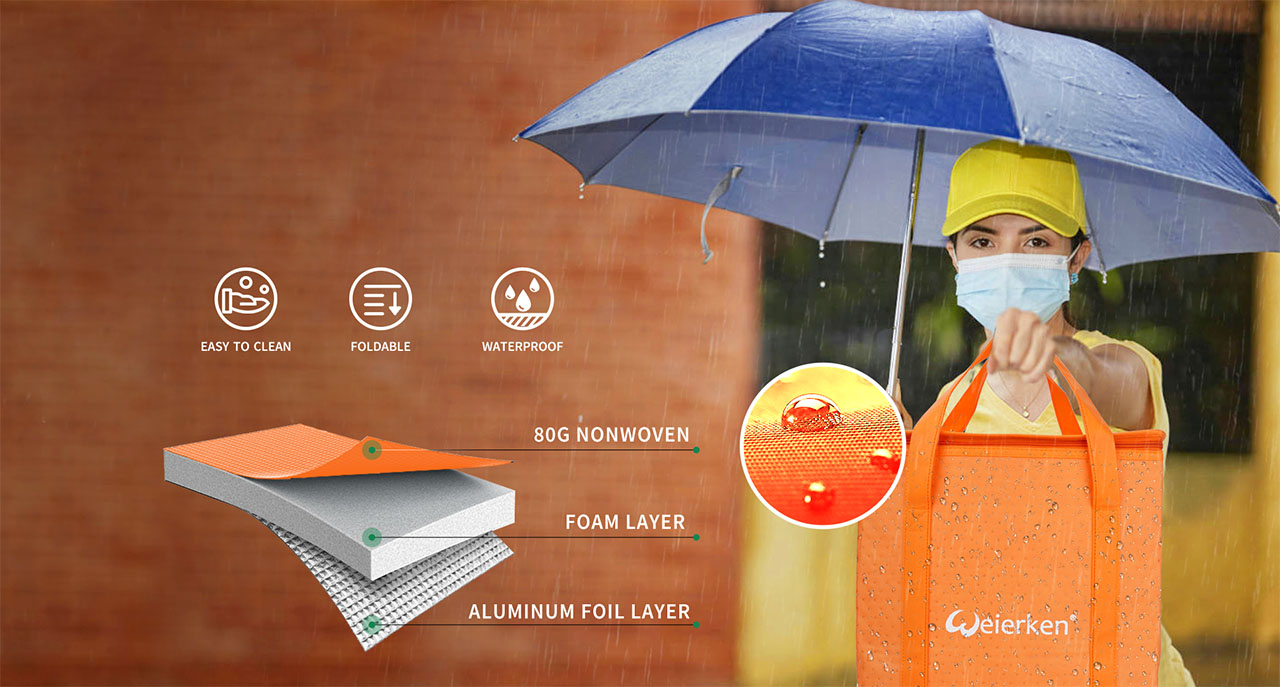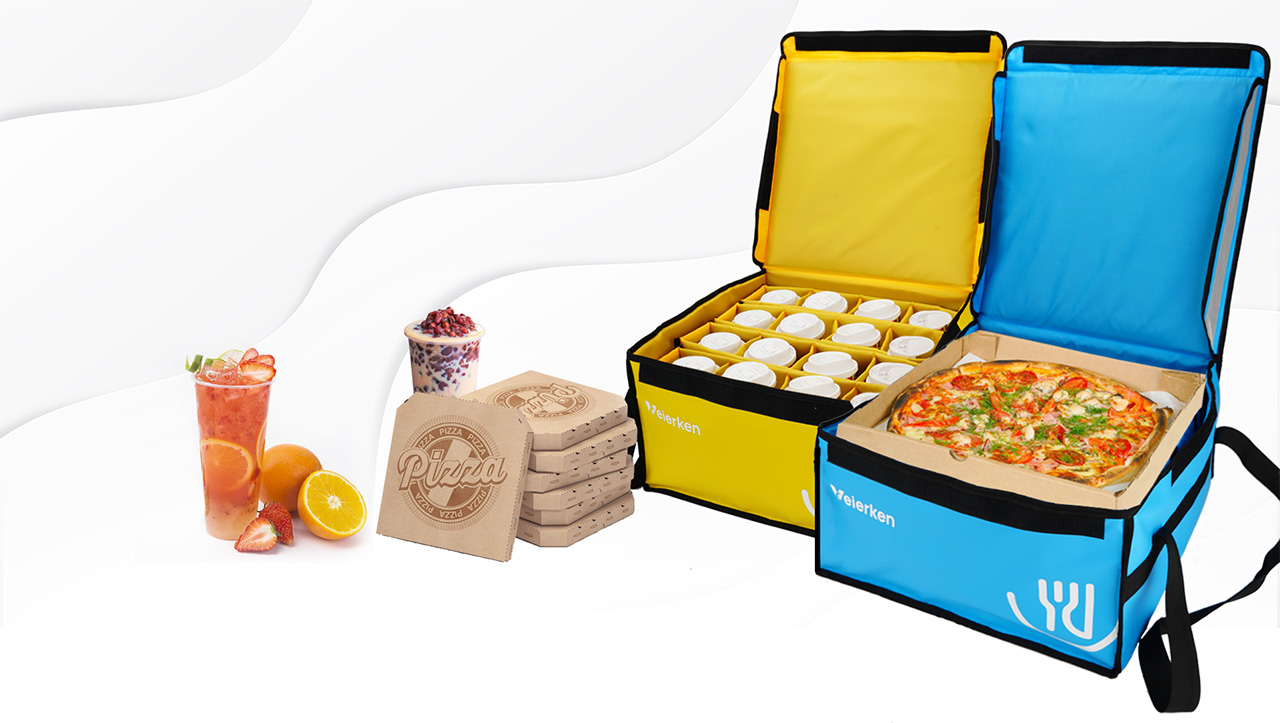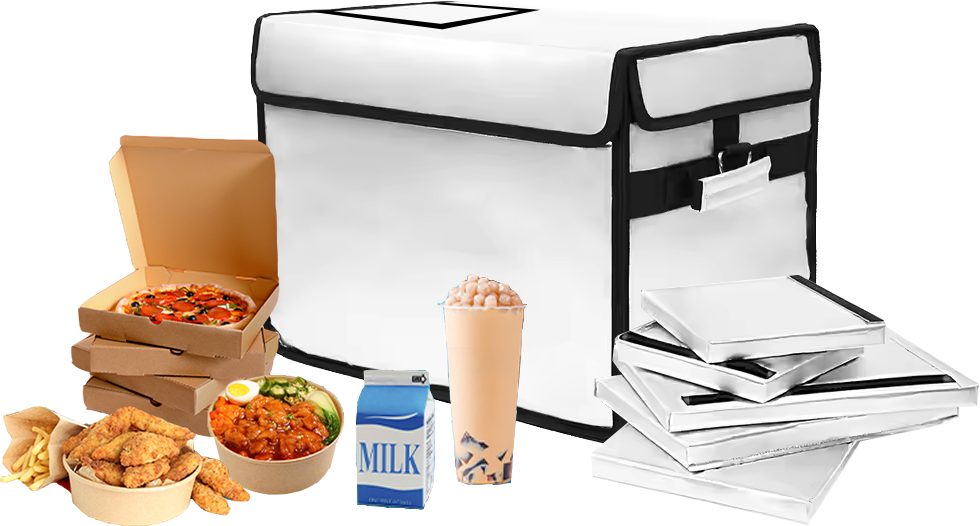For procurement professionals, brand managers, and merchandise specialists, the selection of custom beach bag manufacturers represents a significant business decision that extends far beyond simple product acquisition. These versatile items serve as mobile brand ambassadors, promotional tools, and revenue generators across multiple industries. This comprehensive guide provides specialized insight into the technical, commercial, and strategic considerations essential for making informed sourcing decisions when selecting manufacturing partners for custom beach bag production.
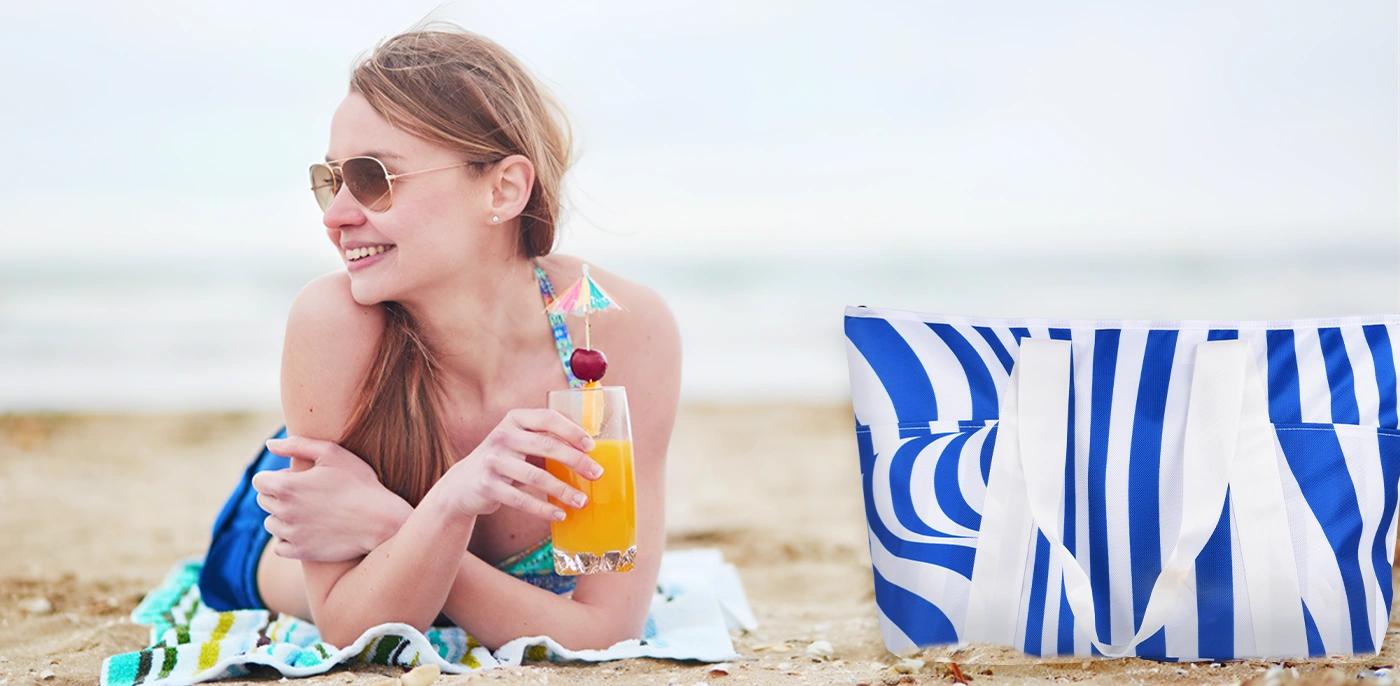
Understanding Market Applications and Commercial Opportunities
Resort and Hospitality Sector Applications
Luxury resorts and hotel chains utilize custom beach bags as premium amenities that enhance guest experiences while reinforcing brand identity. These applications demand exceptional quality, premium materials, and sophisticated branding that reflects the establishment’s positioning. Key considerations include sand-resistant fabrics, quick-drying capabilities, and sufficient capacity for beach essentials while maintaining an upscale aesthetic.
Retail and Promotional Applications
Brands across consumer goods, automotive, and financial services utilize custom beach bags as high-impact promotional items. These applications require cost-effective solutions that maximize branding visibility while delivering practical utility that ensures repeated use and extended brand exposure.
Corporate Gift and Incentive Programs
Premium custom beach bags serve as effective employee incentives and client appreciation gifts, particularly for summer promotions and achievement recognition programs. These applications demand quality construction that reflects corporate image while providing genuine utility that recipients will value and use.
Technical Specifications and Performance Requirements
Material Selection and Functional Properties
The foundation of any successful custom beach bag program begins with appropriate material selection:
Polyester Fabrics: Offer excellent color vibrancy, durability, and moisture resistance. Recycled PET (RPET) options provide sustainable alternatives without compromising performance.
Canvas and Cotton Blends: Provide a premium, natural feel with excellent printability though may require treatments for water resistance.
Non-Woven Polypropylene: Delivers cost-effective solutions for promotional quantities with good structural integrity.
Technical Meshes: Offer ventilation and quick-drying properties ideal for wet environments.
Capacity and Dimensional Specifications
Proper sizing ensures functional utility across various use cases:
Standard day bags: 18″ x 12″ x 6″ (45L capacity)
Family-sized bags: 22″ x 15″ x 8″ (80L capacity)
Premium resort bags: 20″ x 13″ x 7″ (60L capacity with additional features)
Printing Technologies and Branding Considerations
Screen Printing Processes
Screen printing remains the preferred method for large quantity orders with simple color designs. This process delivers exceptional color saturation and durability, particularly on canvas and heavier fabric constructions. Minimum order quantities typically apply, and setup costs make this method cost-effective primarily for production runs exceeding 1,000 units.
Heat Transfer Applications
Suitable for complex multi-color designs and photographic imagery, heat transfer processes offer vibrant color reproduction with reduced setup costs compared to screen printing. Advances in transfer materials have significantly improved durability and wash resistance, making this method appropriate for medium quantity production runs.
Digital Printing Innovations
Direct-to-garment digital printing technology enables photographic-quality reproduction without color limitations or screen setup costs. This method proves ideal for small batch production, prototype development, and designs requiring complex color gradients or detailed imagery. Recent advancements in ink formulations have substantially improved wash fastness and color durability.
Color Management and Brand Consistency
Maintaining color accuracy across production runs requires sophisticated color management protocols:
Pantone matching system implementation
Digital color proofing processes
Production batch color consistency controls
Lighting-standardized quality inspection stations
Quality Standards and Performance Testing
Colorfastness Ratings and Testing Protocols
Industry-standard colorfastness testing ensures branding durability:
Wash Fastness (AATCC 61): Measures color retention through repeated washing cycles
Light Fastness (AATCC 16): Evaluates color resistance to fading from UV exposure
Crocking Resistance (AATCC 8): Tests color transfer during rubbing or friction
Salt Water Resistance: Specific to beach applications testing color integrity in marine environments
Compliance and Certification Requirements
Social Compliance and Manufacturing Ethics
BSCI Certification: Ensures social compliance throughout the manufacturing supply chain
ISO 9001 Certification: Demonstrates quality management system implementation
FDA Compliance: Required for food-contact applications if bags include insulated compartments
Environmental Certifications and Sustainable Sourcing
GRS (Global Recycled Standard): Verification of recycled content claims
REACH Compliance: Chemical safety and restrictions adherence
OEKO-TEX Certification: Verification of fabric safety and absence of harmful substances
Production Capacity and Supply Chain Considerations
Manufacturing Lead Times and Planning
Professional custom beach bag manufacturers typically require 25-65 day production cycles depending on:
Order quantity and complexity
Customization requirements
Raw material availability
Seasonal production peaks
Peak Season Capacity Planning
The summer promotional cycle creates predictable demand peaks requiring:
Advanced production planning for Q1 delivery
Buffer inventory strategies for urgent replenishment
Flexible manufacturing capacity for last-minute orders
Minimum Order Quantities and Cost Structures
MOQs vary significantly based on customization level:
Basic imprinting: 500-1,000 units
Custom designs and fabrics: 1,000-2,500 units
Fully custom designed bags: 2,500-5,000 units
Ancillary Services and Value-Added Options
Packaging and Presentation
Premium packaging enhances perceived value and gift suitability:
Custom poly-bag packaging with header cards
Gift box options for premium positioning
Bulk shipping cartons with brand-specific labeling
Hang Tags and Labeling
Custom woven labels for premium positioning
Printed care instruction tags
Size and specification labels
Promotional messaging tags
Barcode and Inventory Management
UPC code implementation
RFID tagging for inventory management
SKU-specific labeling systems
Design and Development Support Services
Market Research and Trend Analysis
Professional manufacturers provide valuable market intelligence including:
Color trend forecasting
Material innovation updates
Design trend analysis
Competitive product assessment
Prototyping and Sampling Processes
Iterative sampling ensures design optimization before production:
Digital design proofs and mockups
Physical prototype development
Pre-production samples for approval
Production quality reference samples
OEM/ODM Service Options
OEM Services: Manufacturing to client specifications
ODM Services: Complete design and manufacturing solutions
Hybrid Approaches: Collaborative development partnerships
Cost Management and Value Optimization
Total Cost Analysis Framework
Sophisticated procurement professionals evaluate beyond unit price to consider:
Shipping and import costs
Inventory carrying costs
Quality failure costs
Administrative procurement costs
Value Engineering Opportunities
Collaborative manufacturer relationships identify cost-saving opportunities through:
Material substitution options
Design simplification
Production process optimization
Logistics efficiency improvements
Strategic Partnership Development
Supplier Qualification Process
Comprehensive manufacturer evaluation should assess:
Financial stability and business longevity
Production capacity and capability
Quality management systems
Communication and responsiveness
Performance Monitoring and Continuous Improvement
Establishing KPIs ensures ongoing partnership success:
On-time delivery performance
First-pass quality yield
Responsiveness to inquiries
Continuous improvement initiatives
Selecting the Right Manufacturing Partner
The selection of custom beach bag manufacturers requires careful evaluation of both technical capabilities and strategic alignment. The ideal manufacturing partner should offer comprehensive services from concept development to final delivery, maintain rigorous quality standards, and demonstrate expertise in your specific market segment.
Weierken delivers exceptional capability across all aspects of custom beach bag manufacturing, offering:
Comprehensive design and prototyping services
Multiple printing technology options including screen, transfer, and digital processes
Sustainable material options including RPET fabrics
Certifications including ISO 9001, BSCI, and REACH compliance
Reliable production capacity with 25-65 day lead times
Expertise across resort, promotional, and corporate gift applications
Custom Beach Bags FAQ
Q: What are the key factors to consider when selecting materials for custom beach bags?
A: Material selection depends on the intended use, budget, and performance requirements. For luxury resort applications, premium canvas or polyester blends offer durability and a high-end feel. For cost-effective promotional items, non-woven polypropylene is ideal. Technical meshes provide quick-drying benefits for wet environments, while recycled PET (RPET) options support sustainability goals without compromising quality.
Q: How do screen printing, heat transfer, and digital printing differ for branding custom beach bags?
A: Screen printing is best for large orders with simple designs, offering vibrant colors and durability. Heat transfer allows for complex, multi-color designs and is suitable for medium runs. Digital printing enables photographic-quality details with no color limitations, perfect for small batches or prototypes. Each method varies in setup costs, color accuracy, and wash resistance, so we recommend consulting our team to match the technique to your specific needs.
Q: What are the typical minimum order quantities (MOQs) for custom beach bags?
A: MOQs depend on the level of customization. For basic imprinting, MOQs start at 500-1,000 units. For custom designs and fabric choices, MOQs range from 1,000-2,500 units. Fully custom bags requiring unique patterns or constructions typically have MOQs of 2,500-5,000 units. We can often accommodate flexible options based on project scope and material availability.
Q: What is the standard production lead time, and how can I plan for peak seasons?
A: Production lead times typically range from 25 to 65 days, factoring in order quantity, design complexity, and material sourcing. For peak summer demand, we advise placing orders by Q1 to secure capacity and avoid delays. We also offer buffer inventory and expedited options for urgent requests, ensuring timely delivery for promotional cycles or corporate events.
Q: How do you ensure colorfastness and durability in beach environments?
A: We implement rigorous testing protocols, including wash fastness (AATCC 61) for color retention after washing, light fastness (AATCC 16) for UV resistance, crocking resistance (AATCC 8) for friction-based color transfer, and salt water resistance tests specific to marine conditions. This ensures your branding remains vibrant and intact through repeated use in sun, sand, and water.
Q: Are there eco-friendly options available for custom beach bags?
A: Yes, we offer sustainable materials such as recycled PET (RPET) fabrics, which are made from post-consumer plastic bottles and maintain high performance. Our processes comply with environmental certifications like GRS (Global Recycled Standard), REACH, and OEKO-TEX, ensuring reduced environmental impact without sacrificing quality or branding options.
Contact Weierken today to discuss your custom beach bag requirements, request samples, and receive a detailed quotation specific to your program needs. Our technical team brings decades of expertise in helping brands develop successful custom beach bag programs that deliver exceptional brand impact and commercial value.
